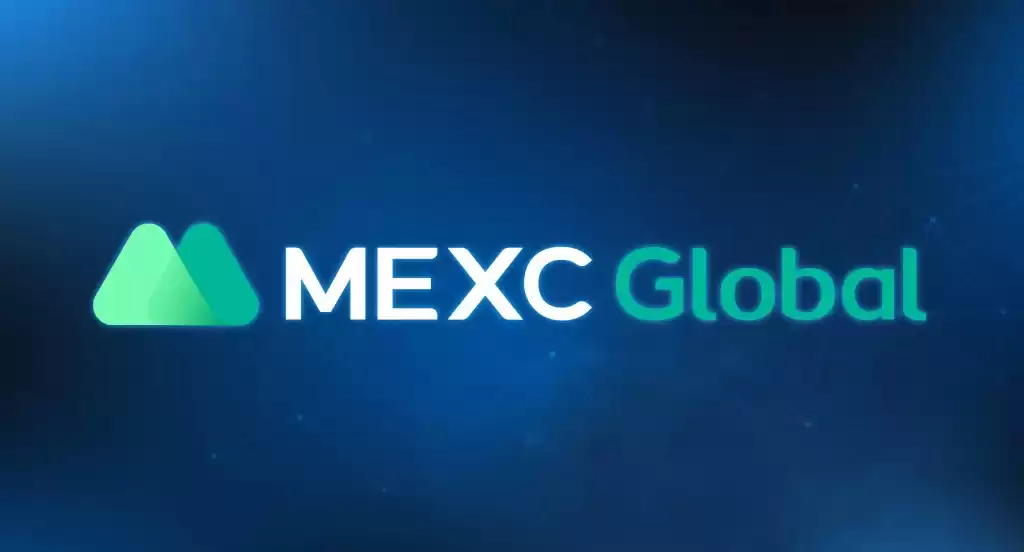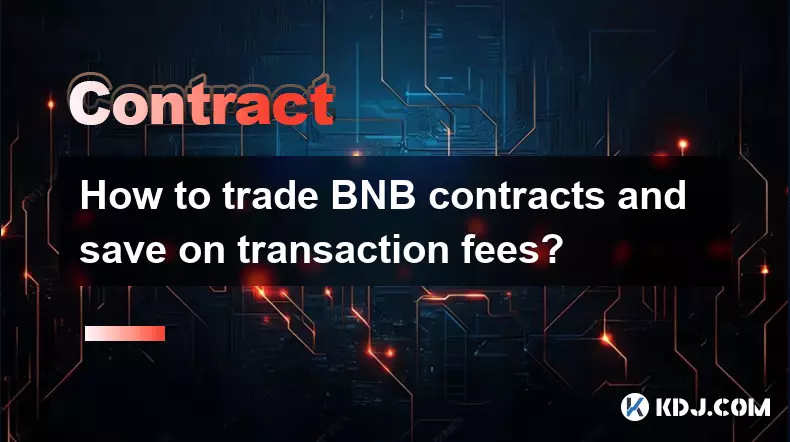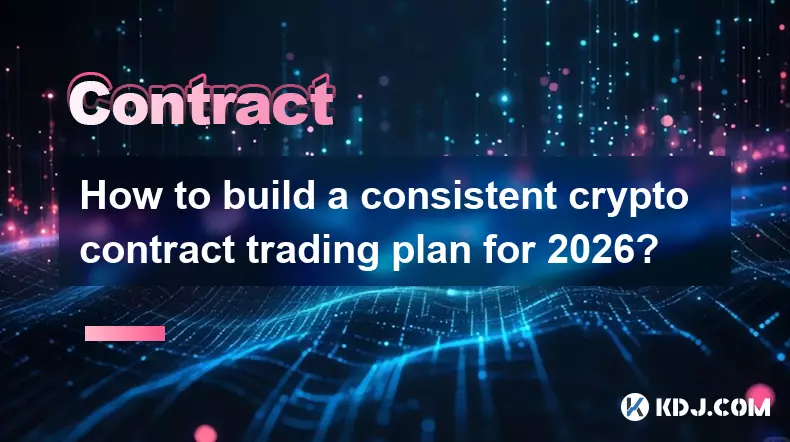-
 bitcoin
bitcoin $87959.907984 USD
1.34% -
 ethereum
ethereum $2920.497338 USD
3.04% -
 tether
tether $0.999775 USD
0.00% -
 xrp
xrp $2.237324 USD
8.12% -
 bnb
bnb $860.243768 USD
0.90% -
 solana
solana $138.089498 USD
5.43% -
 usd-coin
usd-coin $0.999807 USD
0.01% -
 tron
tron $0.272801 USD
-1.53% -
 dogecoin
dogecoin $0.150904 USD
2.96% -
 cardano
cardano $0.421635 USD
1.97% -
 hyperliquid
hyperliquid $32.152445 USD
2.23% -
 bitcoin-cash
bitcoin-cash $533.301069 USD
-1.94% -
 chainlink
chainlink $12.953417 USD
2.68% -
 unus-sed-leo
unus-sed-leo $9.535951 USD
0.73% -
 zcash
zcash $521.483386 USD
-2.87%
Difference between MEXC options and contracts
MEXC options involve a premium payment, while contracts utilize dynamic funding rates based on interest and a premium, making them suitable for different trading strategies and risk appetites.
Nov 15, 2024 at 02:54 pm

MEXC is a leading cryptocurrency exchange that offers various trading products, including options and contracts. While both options and contracts involve trading underlying assets, there are several key differences between the two instruments. Understanding these differences is crucial for informed trading decisions.
1. Underlying Assets and Expiration- Options: Options have an underlying asset, usually a cryptocurrency, which can be traded at a specific price on or before a predetermined date (expiration date).
- Contracts: Contracts (perpetual contracts) mimic the movement of the underlying asset without an expiration date. They provide exposure to the asset's price fluctuations without the limited lifespan of options.
- Options: Options involve two parties - the buyer and the seller. The buyer has the right but not the obligation to buy/sell the underlying asset at the designated price on or before expiration. The seller has the obligation to fulfill the contract if the buyer exercises their right.
- Contracts: In contracts, buyers and sellers only need to agree on the trading direction (long/short) and the size of the position. Both parties have obligations to mark-to-market, resulting in daily profit or loss settlements based on price fluctuations.
- Options: When buying an option, the buyer pays a premium to the seller. The premium represents the cost of the option contract and is influenced by factors such as the underlying asset's price, volatility, and time to expiration.
- Contracts: With contracts, there is no premium. Instead, a dynamic funding rate is applied to both buyers and sellers. It consists of an interest component and a premium, which discourages excessive leverage.
- Options: Options offer limited risk as the maximum loss is the premium paid. Buyers can profit even with small price movements, while sellers face unlimited potential losses if the underlying asset's price moves against them.
- Contracts: Contracts have higher potential risk as losses can be significant in volatile markets. On the other hand, they offer greater flexibility and profit potential due to their no-expiration nature.
- Options: Options provide diverse trading strategies due to their range of exercise prices and expiration dates. Common strategies include hedging, income generation, and directional trades.
- Contracts: Contracts are primarily used for directional trading, allowing traders to speculate on the underlying asset's price movement. Automated trading strategies are often utilized to manage positions in response to market fluctuations.
- Options: Options can suit risk-averse traders seeking defined-risk exposure or income generation. They also enable sophisticated traders to implement complex trading strategies.
- Contracts: Contracts are more suited for experienced traders who are comfortable with leverage and dynamic market conditions. They are ideal for speculative trading and capturing price movements in a timely manner.
- Options: Liquidity can vary depending on the expiration date and strike price of options. Limit orders, market orders, and stop orders are available to place and execute trades.
- Contracts: Contracts enjoy relatively high liquidity due to their perpetual nature and continuous trading environment. Advanced order types, such as conditional orders and trailing stops, enhance trading flexibility further.
- Options: MEXC provides secure infrastructure for options trading. Regulatory requirements differ globally, with some jurisdictions having specific guidelines for options trading.
- Contracts: Contracts are subject to similar security protocols as other crypto exchange products. Regulatory frameworks around contracts continue to evolve, with varying approaches in different markets.
Disclaimer:info@kdj.com
The information provided is not trading advice. kdj.com does not assume any responsibility for any investments made based on the information provided in this article. Cryptocurrencies are highly volatile and it is highly recommended that you invest with caution after thorough research!
If you believe that the content used on this website infringes your copyright, please contact us immediately (info@kdj.com) and we will delete it promptly.
- Vitalik Buterin Rethinks Ethereum's Future: L2s Evolve Beyond Shards as Ethereum Scales
- 2026-02-04 15:35:01
- Ozak AI Fuels Network Expansion with Growth Simulations, Eyeing Major Exchange Listings
- 2026-02-04 12:50:01
- From Digital Vaults to Tehran Streets: Robbery, Protests, and the Unseen Tears of a Shifting World
- 2026-02-04 12:45:01
- Bitcoin's Tightrope Walk: Navigating US Credit Squeeze and Swelling Debt
- 2026-02-04 12:45:01
- WisdomTree Eyes Crypto Profitability as Traditional Finance Embraces On-Chain Innovation
- 2026-02-04 10:20:01
- Big Apple Bit: Bitcoin's Rebound Hides a Deeper Dive, Say Wave 3 Watchers
- 2026-02-04 07:00:03
Related knowledge

How to close a crypto contract position manually or automatically?
Feb 01,2026 at 11:19pm
Manual Position Closure Process1. Log into the trading platform where the contract is active and navigate to the 'Positions' or 'Open Orders' tab. 2. ...

How to understand the impact of Bitcoin ETFs on crypto contracts?
Feb 01,2026 at 04:19pm
Bitcoin ETFs and Market Liquidity1. Bitcoin ETFs introduce institutional capital directly into the spot market, increasing order book depth and reduci...

How to trade DeFi contracts during the current liquidity surge?
Feb 01,2026 at 07:00am
Understanding Liquidity Dynamics in DeFi Protocols1. Liquidity surges in DeFi are often triggered by coordinated capital inflows from yield farming in...

How to use social trading to copy crypto contract experts?
Feb 02,2026 at 07:40am
Understanding Social Trading Platforms1. Social trading platforms integrate real-time market data with user interaction features, enabling traders to ...

How to trade BNB contracts and save on transaction fees?
Feb 03,2026 at 12:39am
Understanding BNB Contract Trading Mechanics1. BNB contracts are derivative instruments traded on Binance Futures, allowing users to gain leveraged ex...

How to build a consistent crypto contract trading plan for 2026?
Feb 02,2026 at 10:59pm
Defining Contract Specifications1. Selecting the underlying asset requires evaluating liquidity depth, historical volatility, and exchange support acr...

How to close a crypto contract position manually or automatically?
Feb 01,2026 at 11:19pm
Manual Position Closure Process1. Log into the trading platform where the contract is active and navigate to the 'Positions' or 'Open Orders' tab. 2. ...

How to understand the impact of Bitcoin ETFs on crypto contracts?
Feb 01,2026 at 04:19pm
Bitcoin ETFs and Market Liquidity1. Bitcoin ETFs introduce institutional capital directly into the spot market, increasing order book depth and reduci...

How to trade DeFi contracts during the current liquidity surge?
Feb 01,2026 at 07:00am
Understanding Liquidity Dynamics in DeFi Protocols1. Liquidity surges in DeFi are often triggered by coordinated capital inflows from yield farming in...

How to use social trading to copy crypto contract experts?
Feb 02,2026 at 07:40am
Understanding Social Trading Platforms1. Social trading platforms integrate real-time market data with user interaction features, enabling traders to ...

How to trade BNB contracts and save on transaction fees?
Feb 03,2026 at 12:39am
Understanding BNB Contract Trading Mechanics1. BNB contracts are derivative instruments traded on Binance Futures, allowing users to gain leveraged ex...

How to build a consistent crypto contract trading plan for 2026?
Feb 02,2026 at 10:59pm
Defining Contract Specifications1. Selecting the underlying asset requires evaluating liquidity depth, historical volatility, and exchange support acr...
See all articles










































































